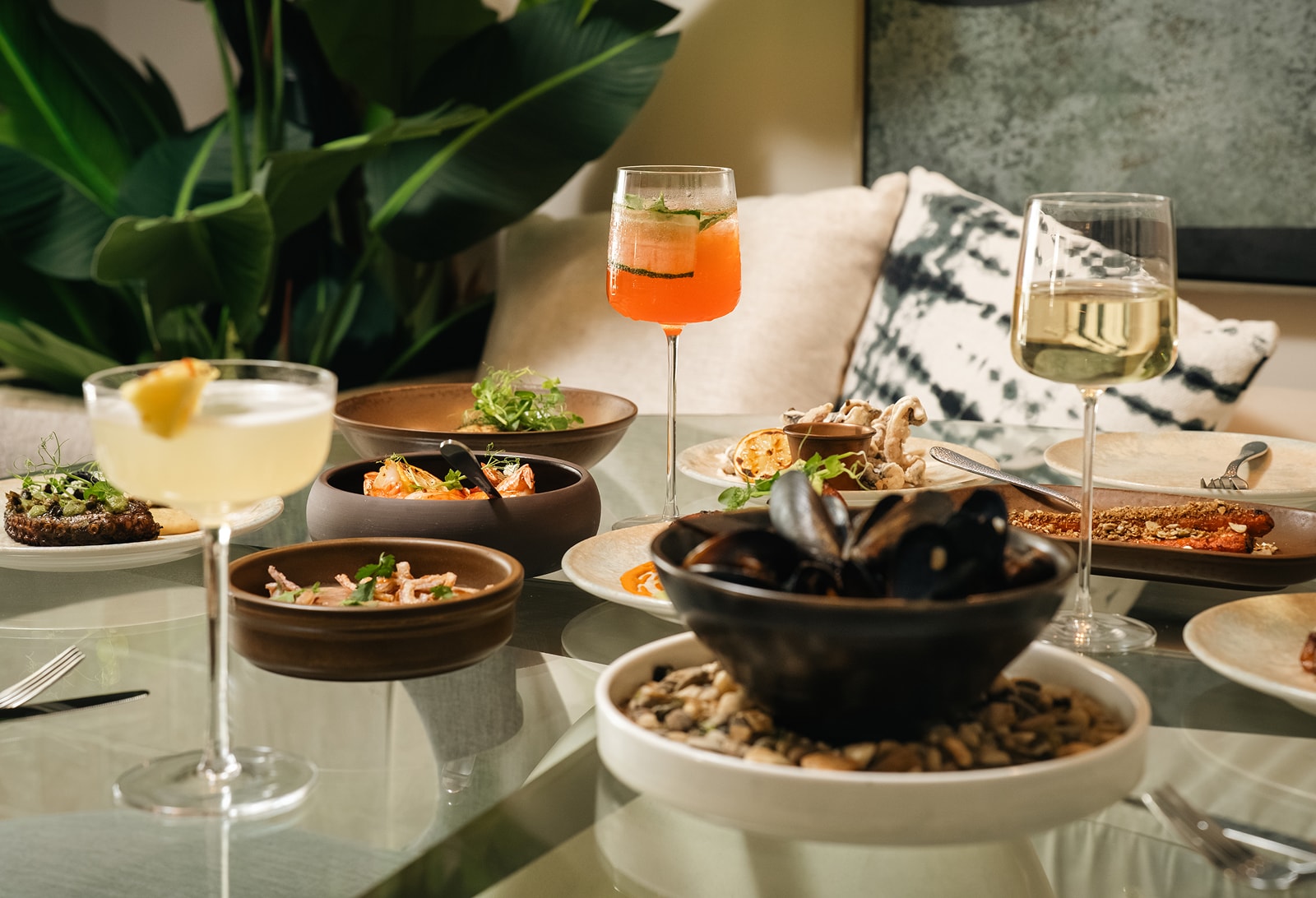Summary
A restaurant is considered truly fine dining when it delivers more than just exceptional food; it combines impeccable service, an elevated atmosphere, attention to detail, and a carefully curated menu that creates a memorable and refined experience. Fine dining is defined by quality, presentation, and the overall journey it offers guests, distinguishing it from casual or upscale dining.
Fine dining goes far beyond eating a meal; it's about experiencing luxury and refinement at every touchpoint. From the way guests are greeted to the artistry of each plate, fine dining restaurants are designed to impress.
Below, we’ll explore the essential elements that set fine dining apart and what guests can expect when stepping into such an establishment.
Key Elements That Define Fine Dining
Fine dining is defined by a combination of food quality, service, and atmosphere that sets it apart from casual dining. Restaurants in this category focus on providing a holistic luxury experience.
- Exquisite Cuisine: Dishes are crafted with premium, often seasonal ingredients, and executed with precision and artistry.
- Exceptional Service: Staff are highly trained, attentive, and skilled at anticipating guest needs without being intrusive.
- Elegant Ambiance: Décor, lighting, and music are carefully chosen to create a refined, comfortable atmosphere.
- Attention to Detail: Everything from glassware to table linens is meticulously selected to enhance the dining experience.
- Exclusive Offerings: Wine pairings, tasting menus, and chef’s specials often add a unique, memorable touch.
These elements combine to ensure that guests are not just eating but experiencing a curated journey that feels special and exclusive.
The Fine Dining Experience in Practice
The fine dining experience involves more than what’s on the plate; it includes the way the entire evening is orchestrated. A well-designed restaurant carefully balances luxury, comfort, and practicality.
Each element works together to create an experience that feels seamless and elegant, leaving guests with lasting impressions.
The hallmark of fine dining is consistency ensuring every visit reflects the same high standards of excellence.
UVA stands out for its lively blend of Mediterranean cuisine with Caribbean flair created by Chef Damian Leach. Ready to discover what sets fine dining apart for yourself? Contact us to learn more about our approach to creating exceptional dining experiences.
FAQ
1. What is the difference between fine dining and casual dining?
Fine dining emphasizes luxury, service, and presentation, while casual dining is more relaxed and less formal.
2. Why are fine dining menus often smaller?
Smaller menus allow chefs to focus on quality, seasonality, and consistency in execution.
3. What is a tasting menu?
A tasting menu offers multiple small courses designed to showcase the chef’s creativity and range.
4. Do fine dining restaurants always require reservations?
Most fine dining establishments encourage or require reservations due to limited seating and personalized service.
5. Why is wine pairing important in fine dining?
Wine pairings enhance flavors and elevate the overall dining experience, complementing the chef’s creations.


